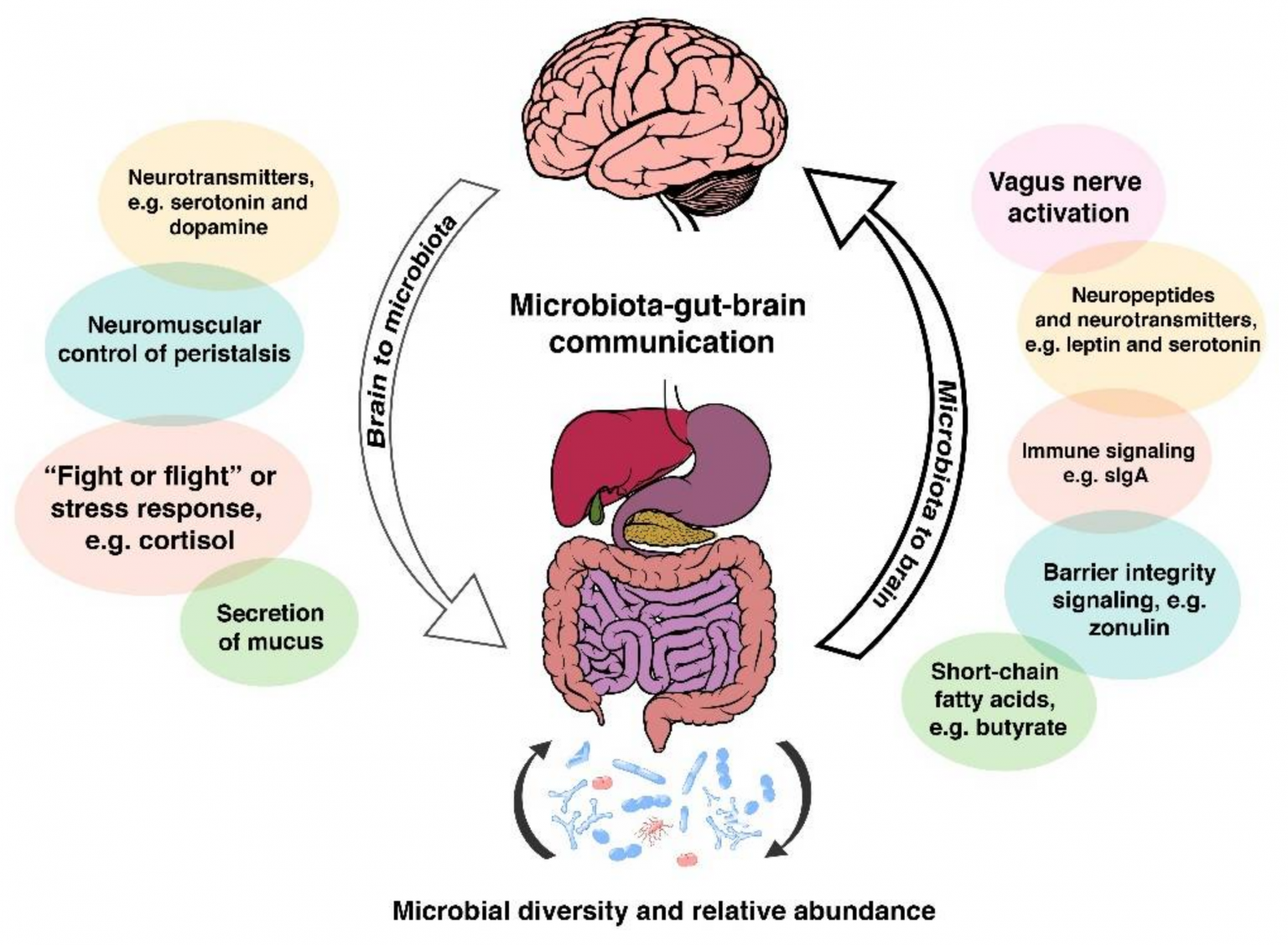
Digestive Health
The Truth About Digestive Health
In Western medicine, digestive health is usually treated as a collection of symptoms to suppress. Bloating? Take an antacid. Constipation? Take a laxative. Acid reflux? More antacids. But most of these “solutions” do not address the root cause and in many cases, they make the problem worse.
For example, antacids are one of the most overused medications today. While they may provide temporary relief, the majority of people with reflux or indigestion actually have low stomach acid, not too much. By lowering acid even further, digestion becomes weaker, food sits in the stomach longer, and symptoms of bloating, reflux, and nutrient deficiencies only get worse.
What the Digestive System Does
Your digestive system is not just one organ, it is a chain of processes:
Mouth and esophagus: Begin digestion by breaking down food and moving it to the stomach.
Stomach: Uses acid and enzymes to disinfect food, break down protein, and trigger the next steps of digestion.
Small intestine: Absorbs nutrients with help from the pancreas and gallbladder.
Large intestine (colon): Absorbs water, minerals, and houses the gut microbiome.
Pancreas and gallbladder: Provide enzymes and bile so fats, carbs, and proteins can be broken down.
Liver: Filters toxins, processes nutrients, and clears hormones like estrogen.
Gut microbiome: Supports immunity, mood, and inflammation balance.
Common Signals of Digestive Imbalance
Bloating, gas, or abdominal pain
Reflux, indigestion, or constant use of antacids
Constipation or diarrhea
Food sensitivities or intolerance
Fatigue or brain fog after eating
Skin flare ups like acne or eczema
Hormonal symptoms that worsen with poor digestion
The Gut–Brain Connection
Your gut and brain are in constant conversation through the vagus nerve and chemical messengers like neurotransmitters. This pathway is often called the gut–brain axis, and it explains why digestion and mental health are so closely linked.
Neurotransmitters: About 90 percent of serotonin, the “feel-good” neurotransmitter, is made in the gut. When gut health is off, serotonin production can drop, leading to anxiety, mood swings, or low resilience to stress.
Microbiome: The trillions of bacteria in your intestines send signals directly to the brain that influence mood, inflammation, and even how well you sleep.
Stress: When the nervous system is in fight-or-flight mode, digestion slows down or shuts off, which makes bloating, constipation, or indigestion worse. This is why stress can instantly change your digestion.
Inflammation: An unhealthy gut can leak inflammatory signals into the bloodstream, which the brain picks up, increasing fatigue, brain fog, or low mood.
Download Your Digestive PINKprint
Your guide to managing your digestive symptoms symptoms
If you’re nodding along and seeing yourself in these patterns, you’re not alone, and you don’t have to keep guessing what’s happening with your body.


